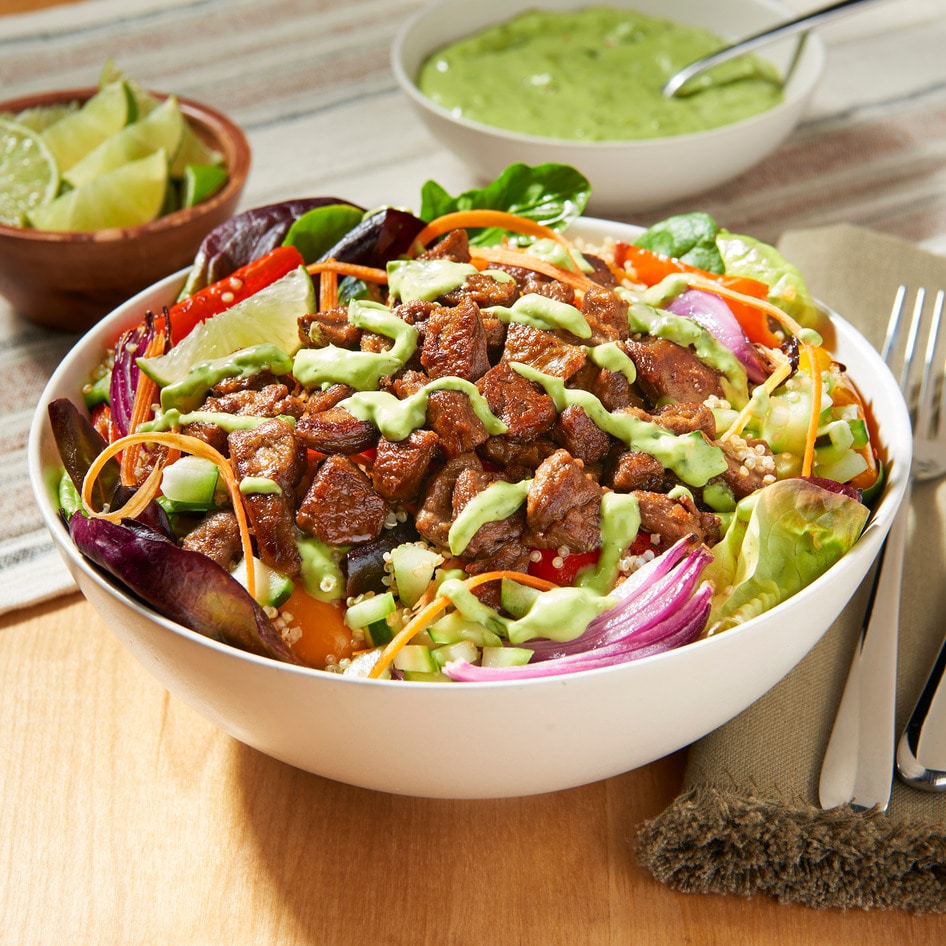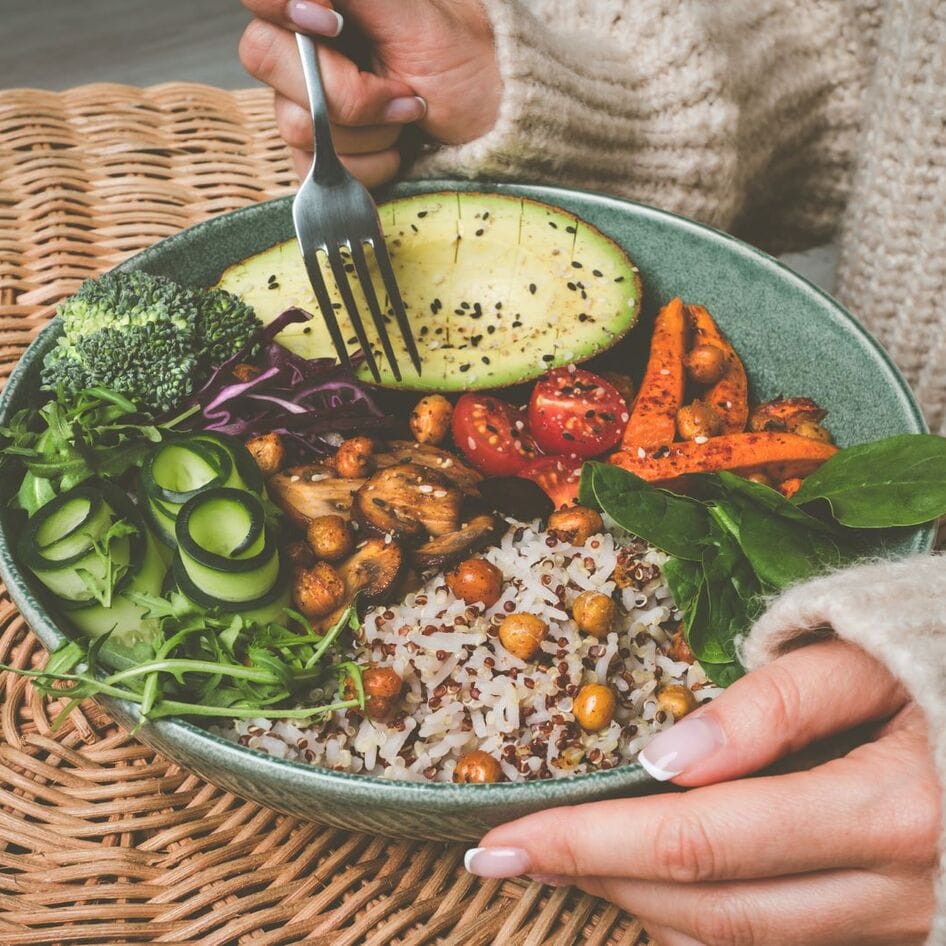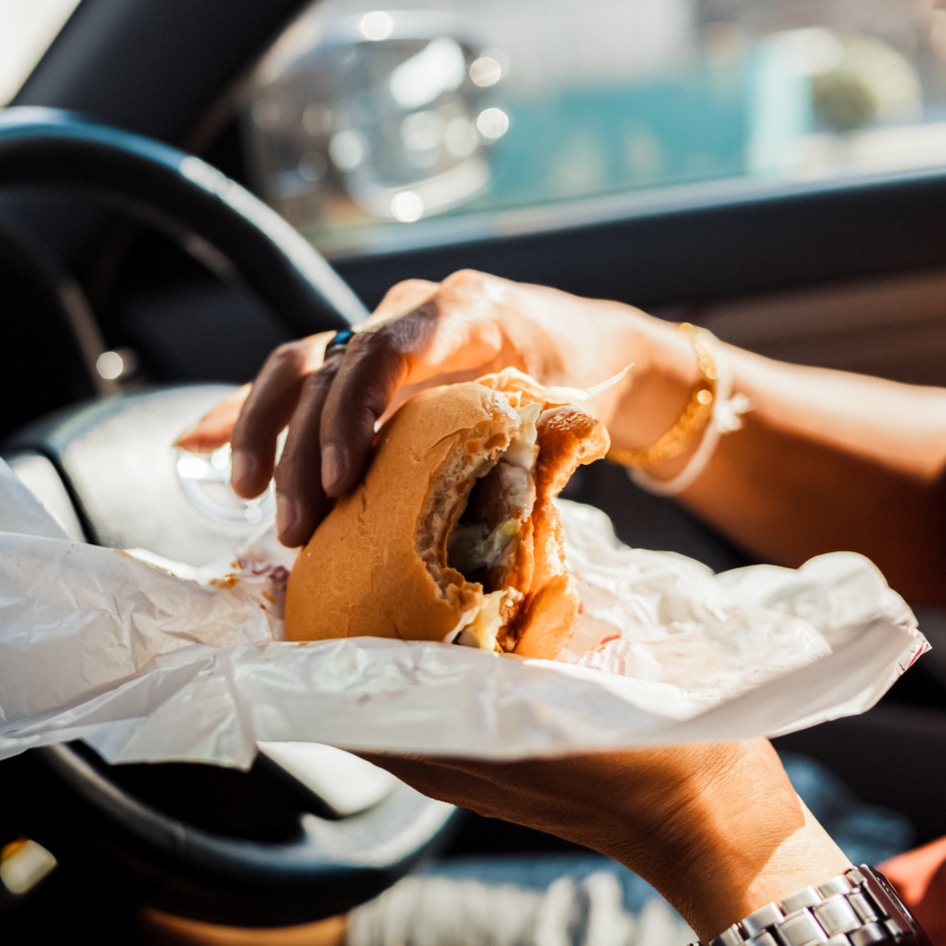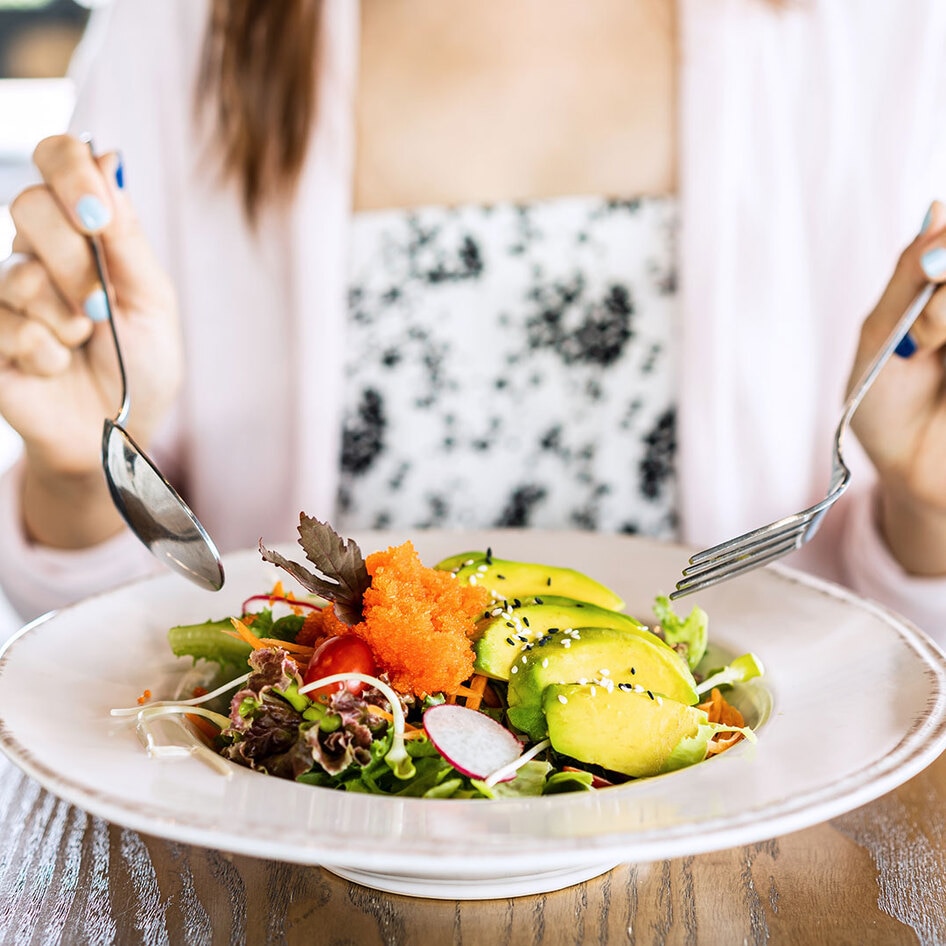6 Things to Know about Fat Shaming Among Vegans
Sometimes, questionable intentions and misguided attitudes can collide in the form of discrimination, but there’s hope for us yet.
February 14, 2017
While so much about veganism has gotten easier since when I first went vegan back in 1995—hello, we can have good cheese again!—with the advent of social media and an increased attention on appearance, we now have a pervasive and often pernicious fat shaming culture to navigate. Fat shaming—words or actions that bully, demean and/or discriminate against those considered “overweight”—is commonplace today, but what makes it unique in the vegan sphere is the messaging that if you’re not Instagram-fabulous in your bikini or workout selfies, you are not only harming your own body, you are actually doing a disservice to the animals by being a poor role model. The take-away is that unless your body aligns with a particular image of fitness and slimness, you should just keep your veganism to yourself. If you think this is an exaggeration, try to keep your eyes open: this mentality is widespread. When it comes to fat shaming among vegans, here are some things to know.
1. Fat shaming is real.
One study published in the Journal of School Health found that nearly 85 percent of adolescents reported seeing classmates deemed overweight bullied in gym class, and up to 77 percent of students reported seeing those stigmatized for their weight ignored, avoided, excluded from social activities, gossiped about, and teased. Another study found that women reported more than three times the amount of weight discrimination than men of equal relative size. The bias against those perceived to be overweight has concrete life consequences, too. Researchers from Exeter University found that a woman who weighs 28 pounds more than another woman of the same height will earn nearly $4,000 less annually than her lighter counterpart. Fat stigmatization and sexism provide ample fuel for one another, and—especially in this age of hit-and-run bullying online—it is easy to verbally abuse someone without bearing any personal consequences.
2. Assessing someone’s health by his or her appearance is inaccurate.
The ethics of weight bias aside, our eyes are notoriously poor evaluators of health. It should come as no surprise that many people who are deemed to be fat can get excellent physical evaluations and that many people in the ideal BMI category can have life-threatening diseases, even ones associated with obesity like heart disease and type 2 diabetes. As Ginny Kisch Messina, MPH, RD says, “It’s true that excess body fat raises risk for certain chronic diseases, but it doesn’t mean that everyone who is ‘overweight’ is unhealthy. You can’t tell anything about a person’s health based solely on body size.”
3. Fat shaming may contribute to weight gain.
If someone adopts a condemning approach in order to “help” another, it’s important to understand that studies point to the likelihood of the opposite result: feeling shame about one’s size exacerbates weight gain. Regardless of one’s actual weight, two studies published in the Journal of Behavioral Medicine found that the more shame women reported feeling about their size, the more illness they also experienced, from increased infection risk to more frequent headaches, even when controlling for the BMI (body mass index). A four-year study published in the journal Obesity found that those who reported experiencing weight discrimination gained about three and a half pounds more than those who did not. Still think “calling people out” for their weight is an effective approach?
4. It’s not kind.
Nearly everyone knows that it feels awful to be demeaned and bullied. If fat shaming doesn’t result in weight loss and it’s not kind, why do it?
5. It’s not intersectional.
Intersectionality is much more than a buzzword: it is a strategy and attitude of inclusiveness, a way of recognizing the interconnectedness of oppressions that individuals may face based on their race, gender, age, ethnicity, sexual orientation and more, including weight. If your vegan advocacy includes fat shaming, it is not intersectional and it is discriminatory.
6. It restricts activism, engagement, and participation.
As one new media professional based on the West Coast told me, “I’ve gotten the ‘why aren’t you skinny if you’re vegan’ question a thousand times over. It’s also been said to me that it is our duty, as vegans, to be shining examples of fitness and health, so that non-vegans would be attracted to the lifestyle.” This has made her reluctant about being public as an activist. Same with a graphic designer and longtime vegan from Canada, who told me that she lets smaller vegans do the public outreach despite her deep passion—and acumen—for animal advocacy. “By being fat, I get the message that I’ve not only failed at meeting society’s expectations, but I’ve also failed to meet the even higher expectations of some of my own tribe. And that is what can be hurtful,” she says.
Imagine how many people are discouraged from lending their desperately needed talents and voices to the cause because of their size. Imagine how many animals could also be saved if our community didn’t employ fat shaming tactics. “Animal advocacy is about creating a vegan world, which means we need to reach all kinds of people and encourage them to explore veganism,” says Messina. “Diversity in our community of activists—which includes diversity in body size and health experiences—is absolutely necessary to that outreach.”
Marla Rose is an activist, writer, and event planner based in Chicago, where she runs VeganStreet.com with her husband.
JUMP TO ... Latest News | Recipes | Guides | Health | Shop







